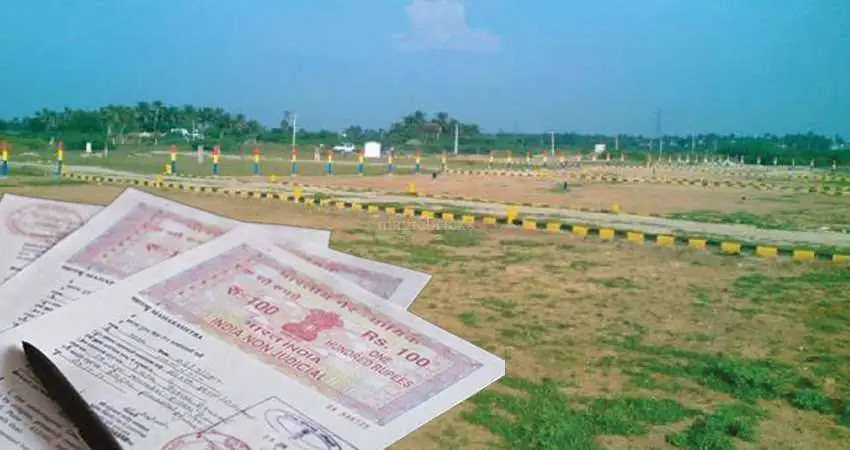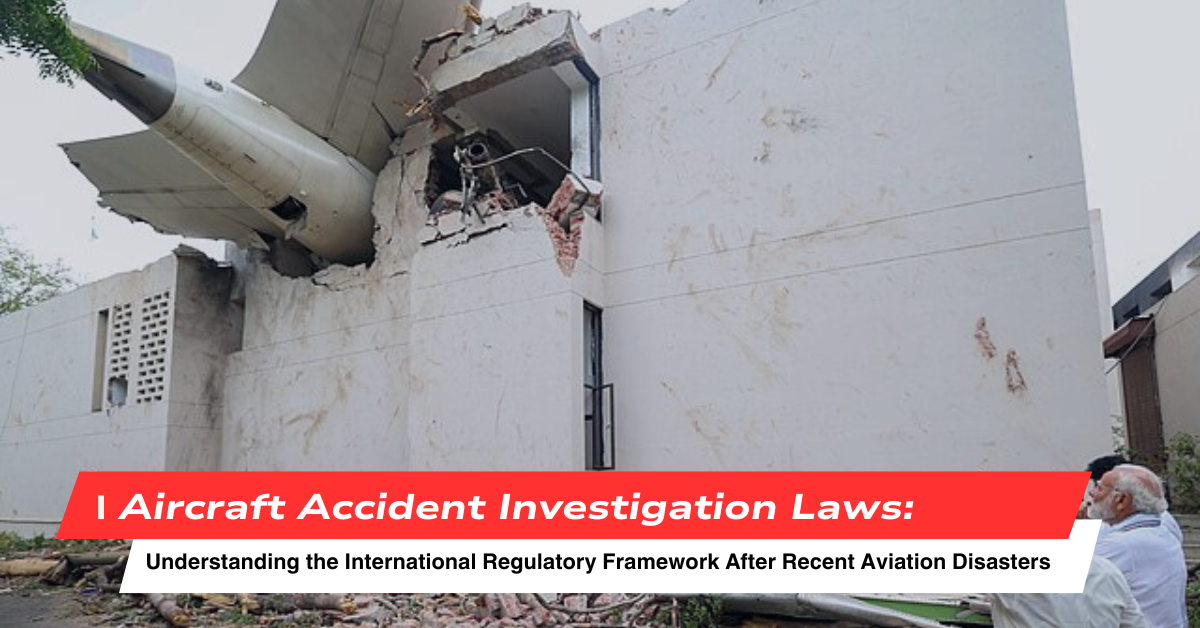Introduction
The land revenue administration in Gujarat is not just a grassroots operation but also involves higher echelons of governance. The Mamlatdar and the Collector play pivotal roles in ensuring the smooth functioning of revenue activities, dispute resolution, and administrative oversight. This chapter aims to delve into the administrative and legal responsibilities of these senior revenue officials.

Legal Framework
The Gujarat Land Revenue Code, 1879, particularly Sections 50-60 for the Mamlatdar and Sections 71-80 for the Collector, outlines the legal responsibilities and powers vested in these officials.
Role of the Mamlatdar
Administrative Responsibilities
- Land Records: Overseeing the maintenance and updating of land records.
- Revenue Collection: Ensuring timely collection of land revenue.
- Dispute Resolution: Adjudicating minor land disputes.
Legal Responsibilities
- Enforcement: Enforcing the provisions of the Gujarat Land Revenue Code, 1879.
- Judicial Role: Acting as a court for revenue matters under Section 50 of the Gujarat Land Revenue Code, 1879.
Role of the Collector
Administrative Responsibilities
- Policy Implementation: Implementing state and central government policies at the district level.
- Supervision: Overseeing the work of Mamlatdars and other lower-level revenue officials.
- Land Acquisition: Managing land acquisition processes for public purposes.
Legal Responsibilities
- Appellate Authority: Serving as the first appellate authority for decisions made by the Mamlatdar.
- Emergency Powers: Exercising emergency powers under Section 75 of the Gujarat Land Revenue Code, 1879.
Interplay Between the Mamlatdar and Collector
The Mamlatdar reports directly to the Collector, ensuring a seamless flow of information and decision-making. The Collector provides the necessary administrative and legal guidance to the Mamlatdar, thereby ensuring uniformity and legality in actions.
Importance of These Roles
- Governance: They act as the linchpin in the governance structure.
- Legal Sanctity: Their decisions have legal implications and can be cited in courts.
- Public Trust: They are often the face of the government at the district level, and their actions significantly impact public trust.
Conclusion
The Mamlatdar and Collector are not just administrative posts but are institutions in themselves, vested with significant powers and responsibilities. Understanding their roles is crucial for anyone engaged in land transactions or involved in legal disputes related to land revenue in Gujarat.













